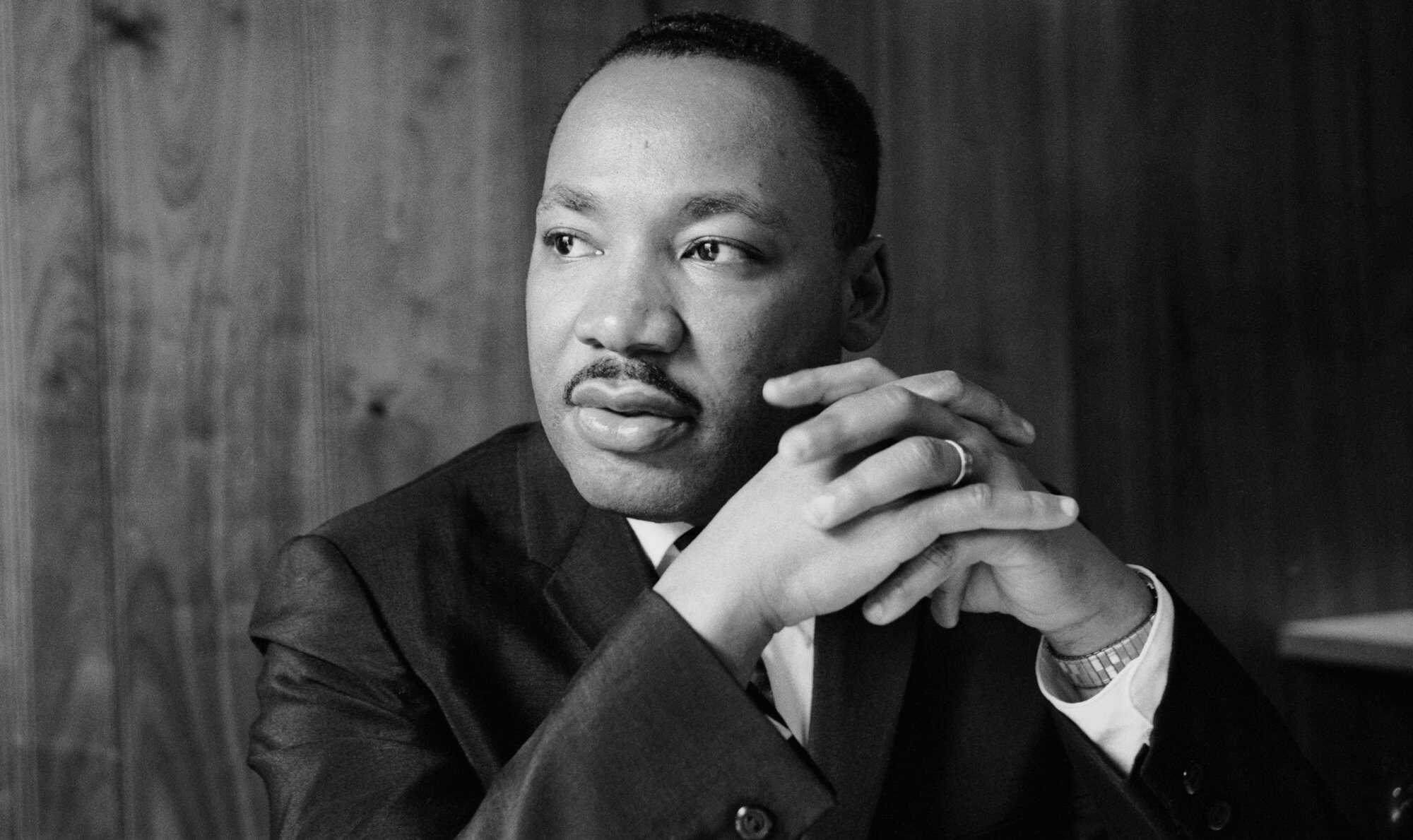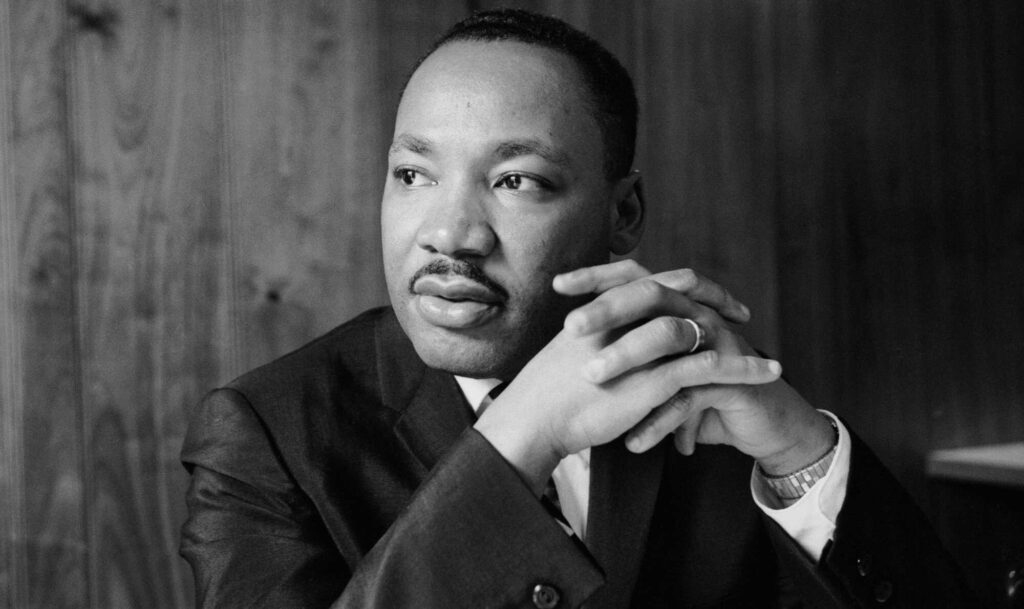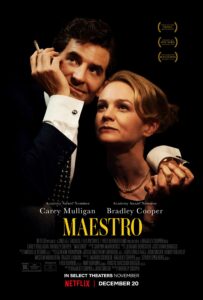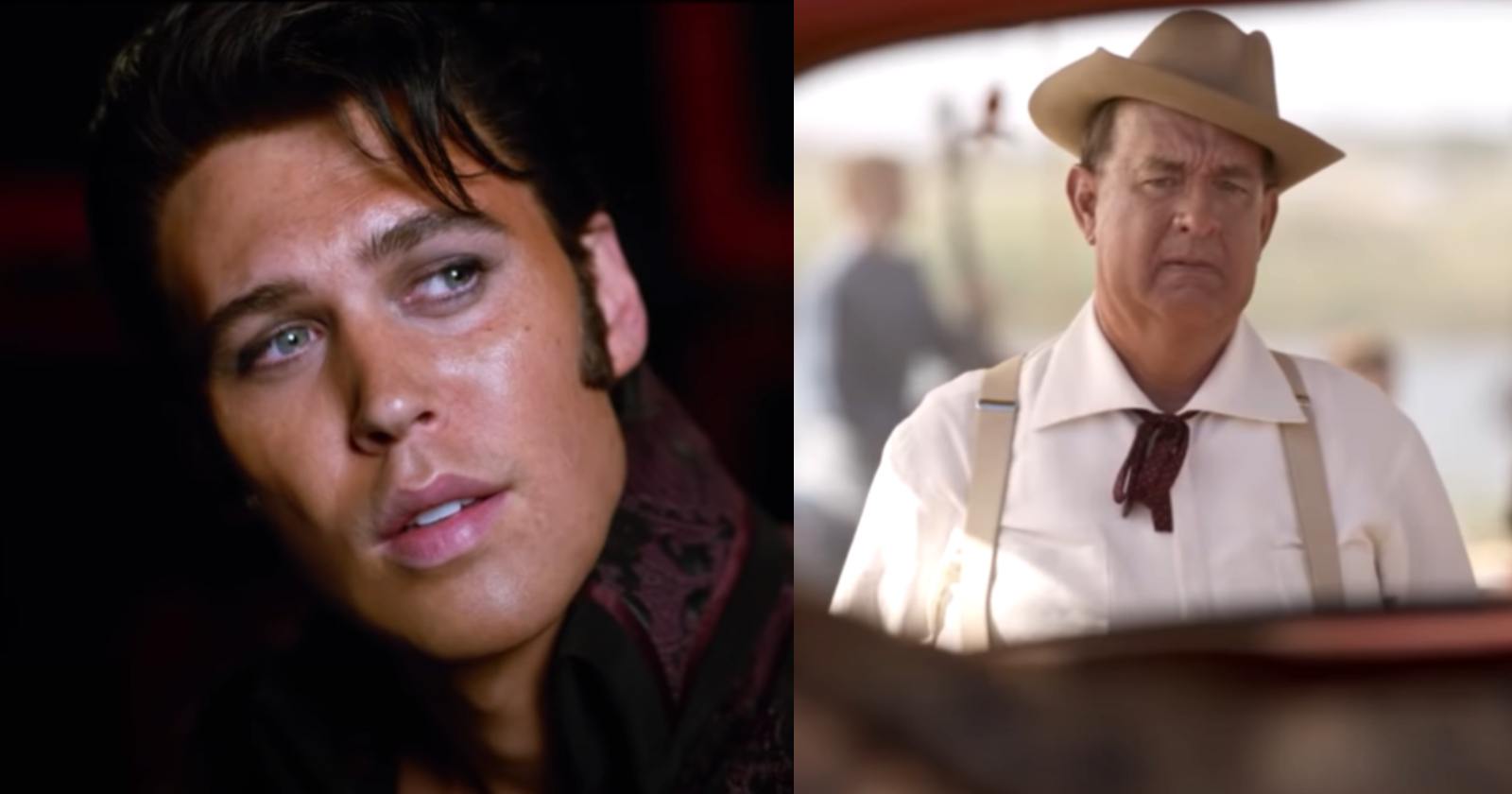Bob Marley: One Love
Posted on February 14, 2024 at 9:23 pm
B-| Lowest Recommended Age: | High School |
| MPAA Rating: | Rated PG-13 for marijuana use and smoking throughout, some violence and brief strong language |
| Profanity: | Some strong language |
| Alcohol/ Drugs: | Extended marijuana use |
| Violence/ Scariness: | Perll and violence including guns, fire, fights |
| Diversity Issues: | A theme of the movie |
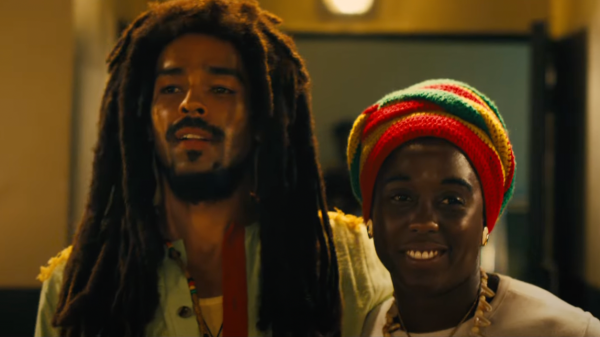
“One Love” does a better job of conveying the love reggae superstar Bob Marley’s family has for him than in showing us why we should love him, too. This movie, produced with the involvement of Marley’s widow and some of his reportedly 11 children, is a love letter to the international star, who died of cancer in 1981, just 36 years old.
The film has very strong performances by Kingsley Ben-Adir as Marley and especially Lashana Lynch as his wife, Rita, who also performed with him. Lynch gets to explore a range of emotions with Rita, from loving and supportive to angry and hurt to the devastating grief of her husband’s cancer diagnosis. Ben-Adir shows us Marley’s charisma onstage, but other than one furious outburst, he’s pretty much all “Yah, mon,” and smoking weed.
There are two parts to the story. First is the traditional music biopic, a young person with performing ambitions, the time before success, the time when someone at the recording studio notices the talent, the contract, the tour with bigger and bigger and biggest audiences cheering madly, the records zooming up the charts. A bit of a new twist; in this case the recording studio guy pulls a gun on them before he lets them in. That is because this is Jamaica during the very violent and politically volatile era following its independence in 1962. Early in the film, we see Marley, Rita, their manager and a bandmates were shot by armed intruders into the Marley home, two days before they were scheduled to perform at a free unity concert. They did make it to the concert, and we get to see Marley’s loose-limbed dance around the microphone.
This part also includes another traditional element of biopics about hugely successful and impactful figures; the stress on the family. This is where we get to see Lynch’s extraordinary, deeply vulnerable and loving portrayal of Rita. But we do not get to learn more about the children both had by other partners or about what the impact was on the children to be sent to live with Marley’s mother in Delaware while he recorded in London and toured in Europe.
The second part of the story is the role that Marley played as a symbol of Jamaican unity. We see it but do not fully understand why, other than being a Jamaican who has become a worldwide superstar who has returned home to sing for his countrymen. While his song lyrics include references to freedom and love, and we see him on stage with the leaders of both parties, the connection to the issues and conflicts of his country is never explored. And Marley himself, always in a cloud of smoke, seems disengaged. Like so much in this film, his conversion to Rastafarianism is noted, but not illuminated.
Parents should know that this movie features extended drug use, violence including guns and fire, references to marital and family dysfunction including affairs and parental abandonment, and strong language.
Family discussion: Why was Marley the worldwide breakthrough for reggae? Why were his concerts in Jamaica so important to the people there?
If you like this, try: the documentary “Marley,” and more from Ben-Adir like “One Night in Miami…” (as Malcolm X) and “The Comey Rule” (as Barack Obama) and Lynch in “The Woman King” and “Captain Marvel”

